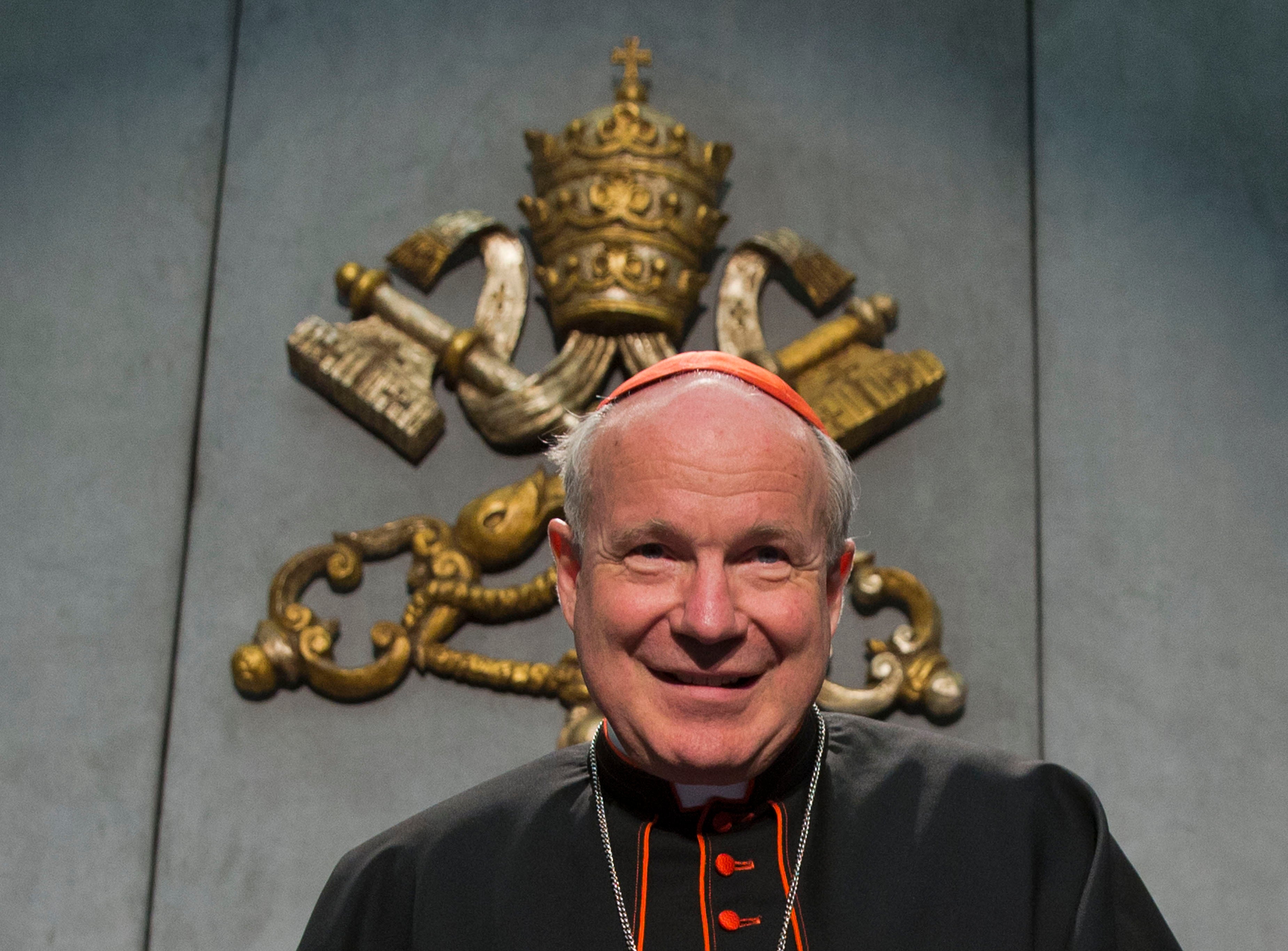Cardinal says book by Benedict XVI's secretary 'unseemly'
The archbishop of Austria has confirmed that it was he who wrote a letter to the future Pope Benedict XVI urging him to accept election as pontiff in 2005 if the votes went his way

Your support helps us to tell the story
From reproductive rights to climate change to Big Tech, The Independent is on the ground when the story is developing. Whether it's investigating the financials of Elon Musk's pro-Trump PAC or producing our latest documentary, 'The A Word', which shines a light on the American women fighting for reproductive rights, we know how important it is to parse out the facts from the messaging.
At such a critical moment in US history, we need reporters on the ground. Your donation allows us to keep sending journalists to speak to both sides of the story.
The Independent is trusted by Americans across the entire political spectrum. And unlike many other quality news outlets, we choose not to lock Americans out of our reporting and analysis with paywalls. We believe quality journalism should be available to everyone, paid for by those who can afford it.
Your support makes all the difference.The archbishop of Vienna, a longtime friend and former student of Pope Benedict XVI, has confirmed that it was he who wrote a letter to his former teacher urging him to accept election as pontiff in 2005 if the votes went his way.
Cardinal Christoph Schoenborn issued a statement Wednesday confirming a revelation in a new book by Benedict’s personal secretary, Archbishop Georg Gaenswein, that was published soon after Benedict died Dec. 31 at age 95.
The book, “Nothing But the Truth: My Life Beside Pope Benedict XVI,” already has generated controversy, because it revealed confidential communications and exposed the tensions that simmered during the decade in which Benedict lived as an emeritus pope alongside Pope Francis.
Schoenborn said the publication of the book was an “unseemly indiscretion” and distanced himself from it. The statement on the archdiocesan website quoted him as saying: “I don’t think it’s right that such confidential things are published, especially by the personal secretary.”
But Schoenborn nevertheless confirmed one of the less controversial chapters in the book, surrounding the election of the former Cardinal Joseph Ratzinger as pope in 2005, following the death of St. John Paul II. Soon after he was elected, Benedict told a group of German pilgrims that as the votes started to go his way during the conclave, he felt dizzy and that a “guillotine” was falling on him.
But he said then that he was heartened by a letter he had received from an unnamed cardinal “confrere” in the days before the conclave began, urging him to follow whatever God had in store for him.
In the book, Gaenswein revealed that it was Schoenborn who penned the letter, noting that he was one of the few people who addressed Benedict with the informal “you” — something not even Benedict’s closest Vatican collaborators ever did. Schoenborn and Ratzinger had known each other since 1972, when the young Dominican priest took a course Ratzinger gave in Regensburg, Germany, and “remained in the tight circle of his former students,” Gaenswein wrote.
In the statement, Schoenborn confirmed “That was the case.” But in another indication of his disagreement that such information had been made public, and so soon after Benedict’s death, he added: “I have deliberately kept silent about it until now.”
Schoenborn, who turns 78 on Sunday, is by many counts eminently “papabile,” or having the characteristics of a future pope. Descended from nobility and the son of divorced parents, he shares a strong affinity with Benedict and his conservative allies, but has remained on good terms with Francis. Most significantly, he defended Francis’ outreach to divorced and civilly remarried couples as a natural “development” in church doctrine, after Francis came under attack by conservatives.